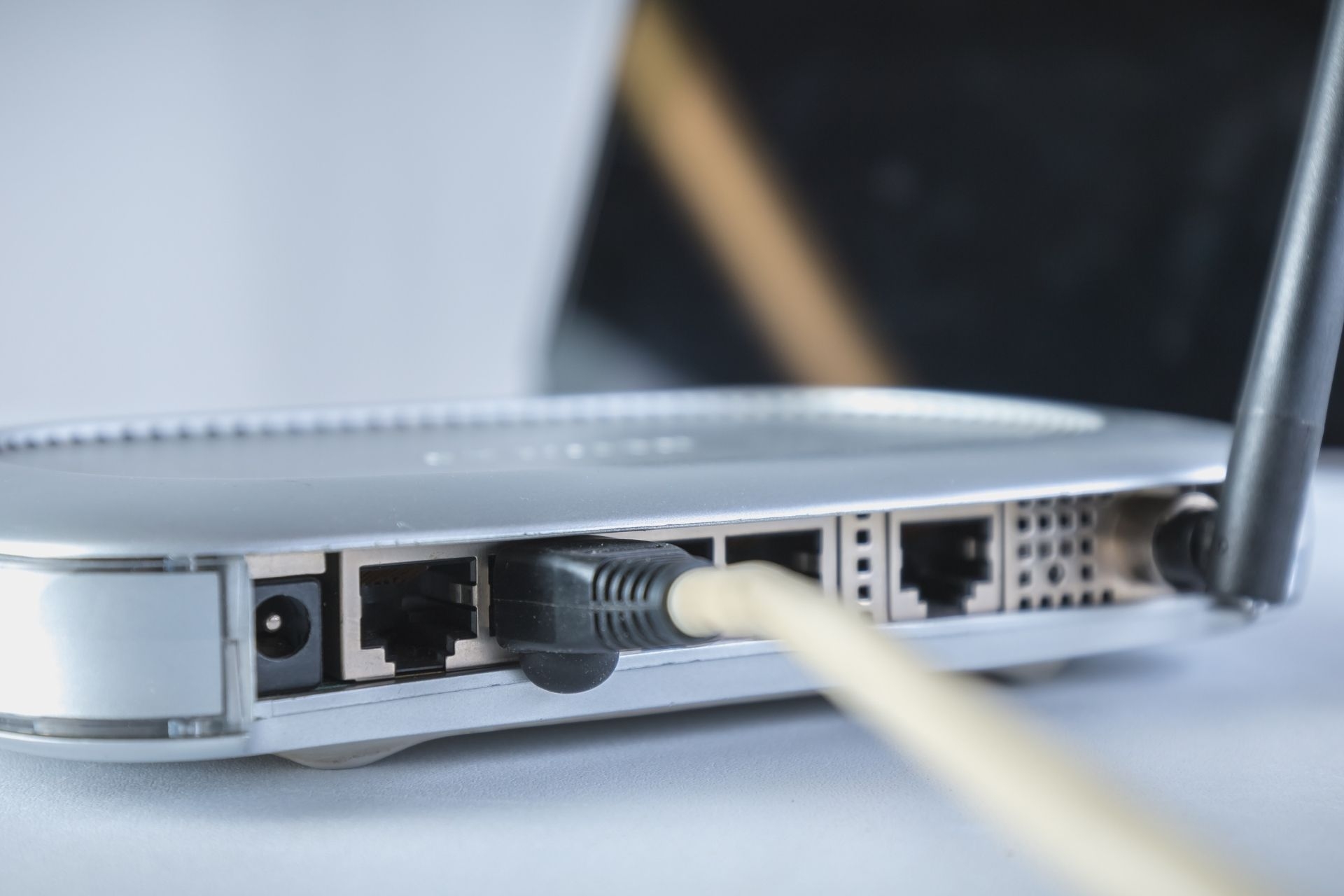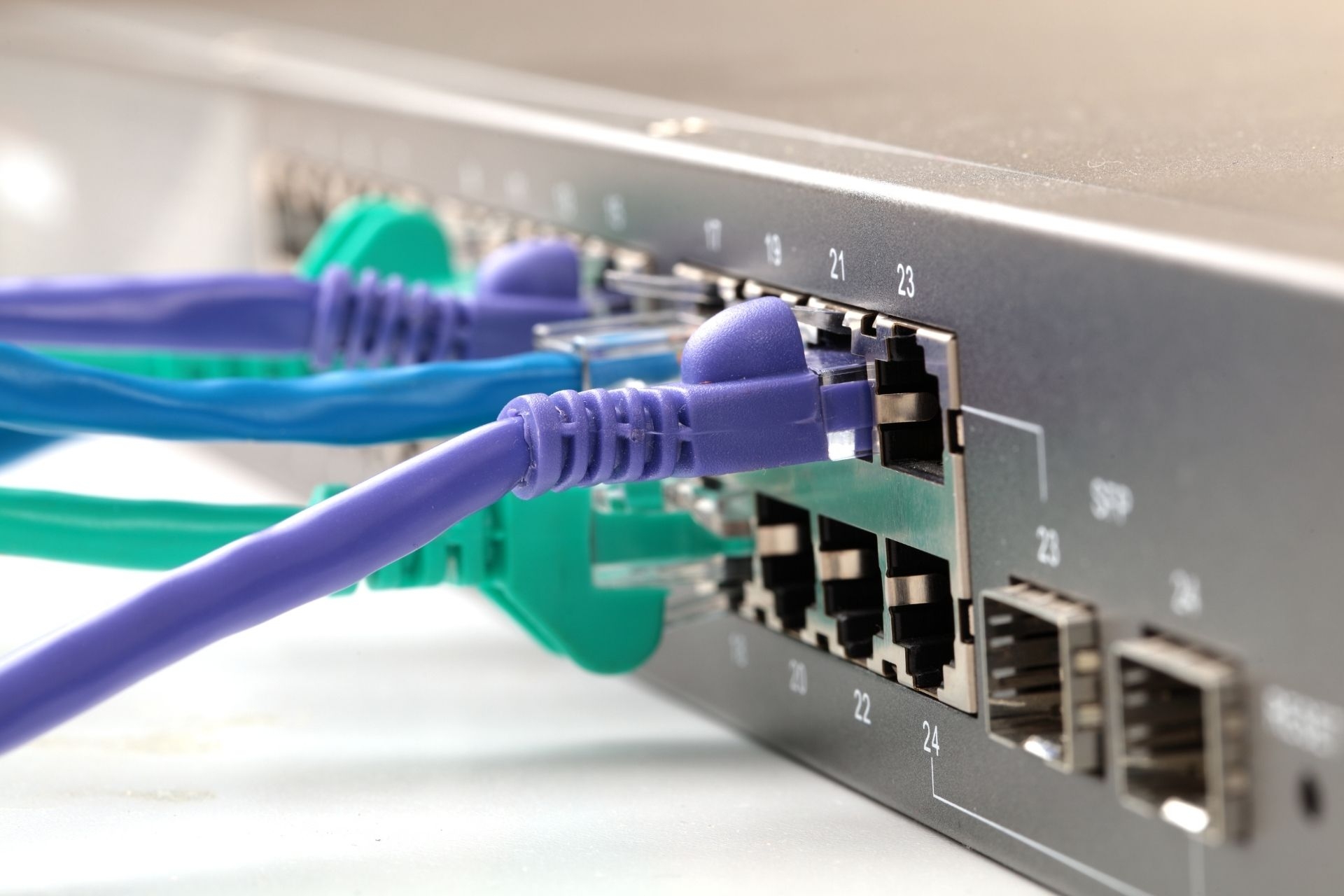Remote Power Management Units (PMUs)
How do Remote Power Management Units (PMUs) help in reducing energy consumption in data centers?
Remote Power Management Units (PMUs) play a crucial role in reducing energy consumption in data centers by providing real-time monitoring and control of power usage. By allowing administrators to remotely manage power distribution, PMUs can optimize energy efficiency by identifying and addressing areas of high energy consumption. Additionally, PMUs can schedule power cycles for equipment, implement power-saving modes, and provide alerts for abnormal power usage, all contributing to a more energy-efficient data center operation.







